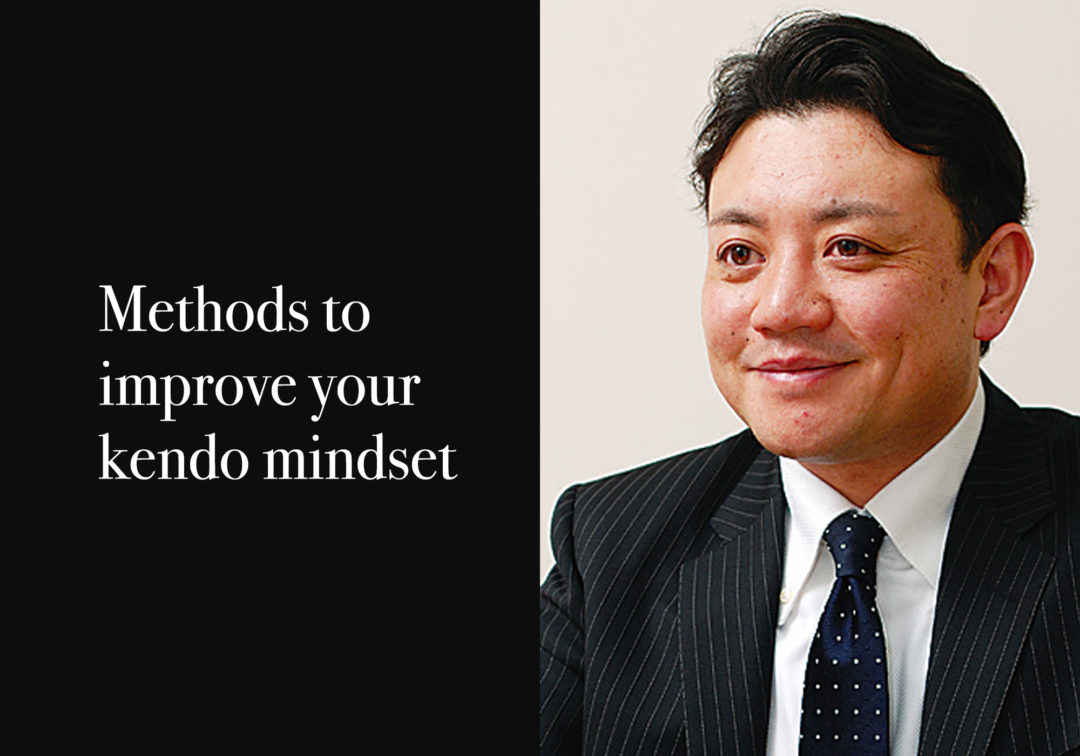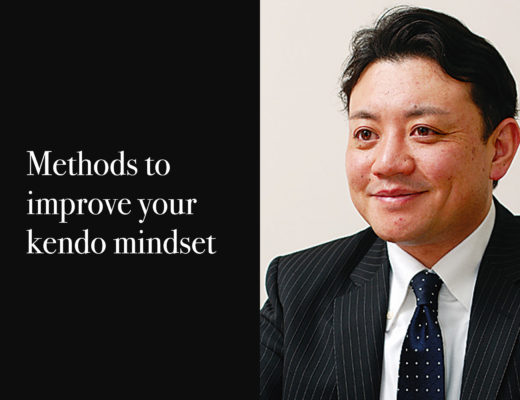What I was aiming for in this writing was not just to show the knowledge and topic of difficult psychological research, but also to point out what different generations of swordsmen and athletes have been feeling, thinking and doing in their daily lives while being as specific and as easy-to-understand as possible based on psychological theory and methodology. Each article is based on developing a story that links a psychological theme with Kendo and everyday situations. Even if you end up keeping in mind only one of these phrases, it will be a great pleasure for me as an author if that becomes the foundation of your Kendo tomorrow.
Yano Hiromitsu
Born in Yuzawa City, Akita Prefecture in 1968. Graduated from Tokai University’s Faculty of Physical Education in Kendo followed by the Tokai University Graduate School of Physical Education (Sports Psychology). Graduated from Nagoya University Graduate School of Education and Development Science (Psychology). Ph.D.(Psychology). Currently a professor at the Kochi University Department of Education. As a sports psychology specialist, he worked on support for various competitions and at the same time directed the Kendo Club at Kochi university. He is also active internationally, including the position of Swedish National Kendo Team Director (2006). He has consistently developed research activities focusing on the connection between mind and body. Participated in the All Japan East-West Kendo Tournament receiving the Excellent Match Award. Kendo 7th Dan Kyoshi.
The narrative approach to Kendo
In recent years, the narrative approach has gained attention, mainly in the fields of psychology and clinical psychiatry. Here, “narrative” is defined as a method of approaching reality through the format of storytelling. In other words, in the narrative approach, one considers their own life as a story and creates a new story while living as the protagonist of that story. By telling that story to someone else, new perspectives and interpretations can be given to past episodes, resulting in a shift from a negative interpretation to a positive one. This leads to hope for the future, and as a result, stability in the present. In other words, telling one’s own story has a psychological stabilizing effect.
Often, we hesitate to talk about things we see as shortcomings in ourselves. However, because there are people with different values, interpretations and meanings can differ. For example, some people may think their Kendo life has been a losing life where they’ve just wasted time, while others may see them as an amazing person who has steadily continued doing one thing for a long time. By the way, try telling someone who has never done Kendo about your Kendo experience. Most people will be surprised and impressed. The length of time spent on your Kendo in the past is something that cannot be obtained by others who have never done Kendo up until now.
The rest of this article is only available for Kendo Jidai International subscribers!



